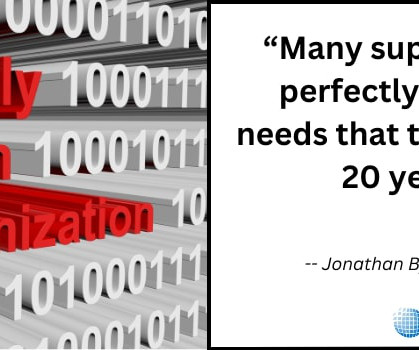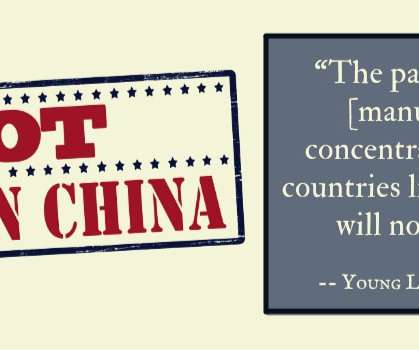So Your Supply Chain is Banning Bangladesh….and Going to Cambodia?: “The Ugliest Race to the Bottom”
Supply Chain View from the Field
MAY 8, 2013
Companies like Nike and Disney have publicly stated that they are not going to Bangladesh for apparel sourcing in the future. The same unsafe working conditions prevail, and you are just as likely to encounter the problems with capacity and subcontracting that we’ve noted in other blogs.
















Let's personalize your content